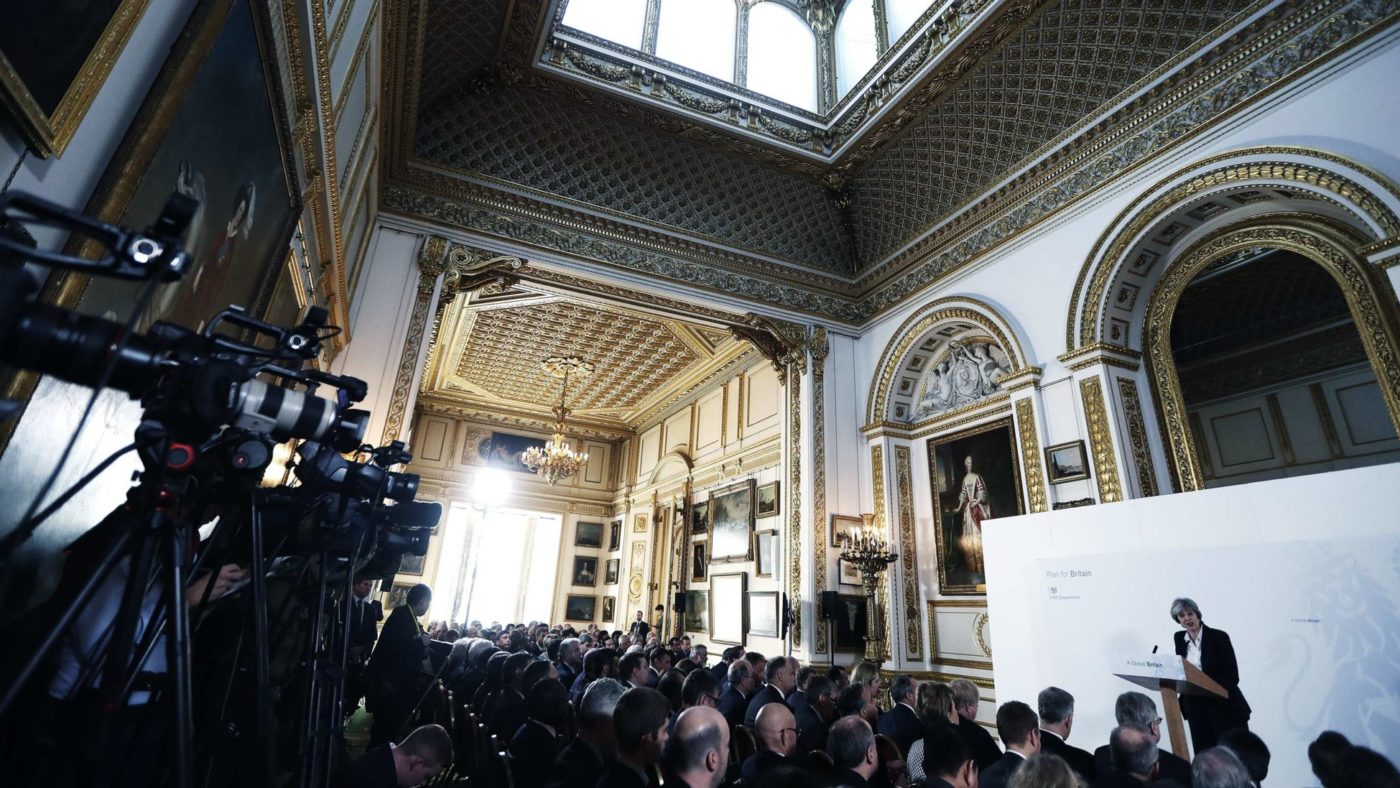For some, Brexit is about damage limitation. For others, myself included, it is about seizing the opportunities presented by our withdrawal from the EU. Continued membership of the Single Market and Customs Union limit these opportunities, and as such they are key features of the damage limitation playbook. If we are serious about honouring the result of the referendum we need to turn our attention to the opportunities before us, and consider how we can capitalise on them.
The advent of a comprehensive, independent UK trade policy would inject new impetus into the global economy. Global economic growth remains sluggish, with many key indicators – such as industrial output – seeing little significant improvement since the financial crisis. Global trade plateaued in 2015 according to the Global Trade Alert published by the University of St. Gallen, and there has been a marked increase in behind-the-border regulatory protectionism since 2008. Even more worryingly, global trade negotiations have stalled; we have gone 23 years without a large negotiated global round.
The global trade agenda is in urgent need of revitalising. The successes of the Uruguay Round in delivering a significant injection into global growth, and the benefits of the Basic Telecoms Agreement in delivering a major reduction in the cost of telecoms seem like a distant memory now. Under the GATS agreement, there was also supposed to be a built-in agenda where countries would put sectors of services on the table for negotiation.
The plan was that the lifeblood industries would be gradually liberalised leading to lower costs for firms and consumers, and stimulating the global economy. In reality, none of this happened. The services cupboard is bare. Urgent work is required to improve the efficiency of the transnational supply chains established by GATT, work which promises to have a major impact on the world’s poorest, reducing prices and helping lift people out of poverty. Kick-starting this agenda could lead to a reduction in barriers and distortions all over the world, and spur global economic growth.
A newly-independent UK is the ideal country to advance this stalled agenda. It is the second biggest exporter of services in the world, is one of the world’s largest sources – and destinations – of foreign investment, and has an unrivalled soft power network to build the necessary coalitions across multiple dimensions and interest groups.
For the UK to play this global role it must secure full and unambiguous control of its tariff schedule and its regulatory system. All of this is possible as long as any future UK-EU agreement does not give the EU a veto over UK regulation, or put it into a position where it loses access the moment it diverges. A regulatory divergence mechanism is possible; the test is whether other countries believe that they need to negotiate with London or Brussels to impact the UK’s regulatory system.
This is, in many respects, what will make the difference. The UK will only be an appealing trading partner if it – not Brussels – has the final say. If Brussels maintains control of UK regulation then we will not have an independent UK trade policy. In that event, we would then be better off staying inside the EU. On the other hand, constructing an independent, comprehensive UK trade policy will make Britain an interesting prospect for the rest of the world – not just for new bilateral trade deals with leading economies like the US, but also to accede to advanced platform agreements like the TPP, or even NAFTA. Most importantly, it will allow the UK to set its own domestic regulatory agenda, and to spur stalled WTO discussions in services. Other countries can use the UK’s emergence on the international trade policy stage to catalyse these negotiations.
The UK’s comprehensive, independent trade and regulatory policy should lead to improvements in our domestic regulatory environment, bilateral trade deals, accession to platforms like TPP and helping to advance the WTO agenda.
Recently, at a meeting of the Commonwealth Enterprise and Investment Council, the Indian trade minister, Suresh Prabhu, noted that there were surpluses available all over the world. If we can realise just a percentage of these as a result of the UK’s independent trade policy, the game will have been worth the candle, and people will be lifted out of poverty across the world.
This is the Brexit prize about which the Prime Minister spoke about in her Lancaster House speech. The decision in front of us is no longer about EU membership. If we take the right path, it promises to have a transformative impact on prosperity, for both Britain and nations around the world.


